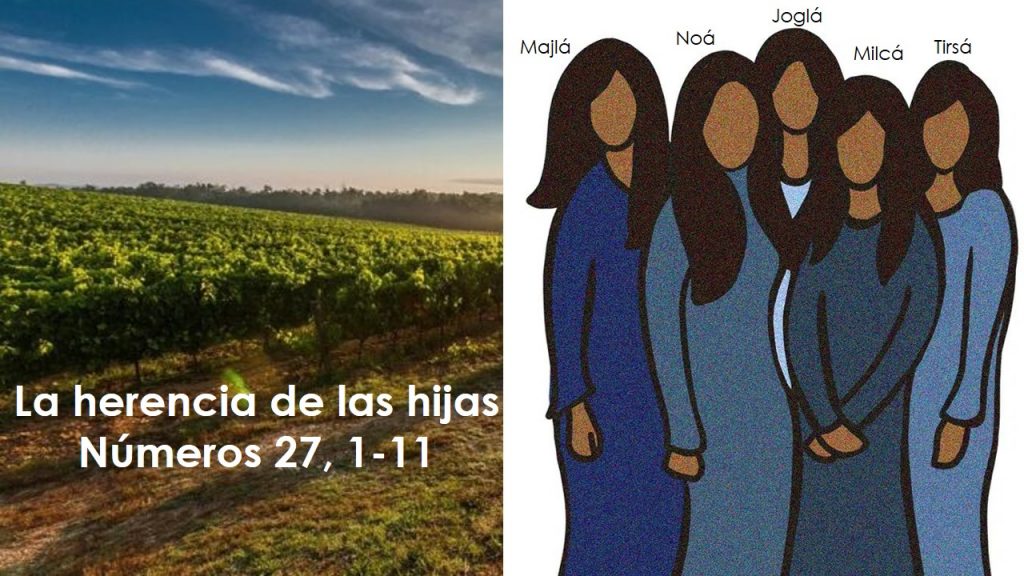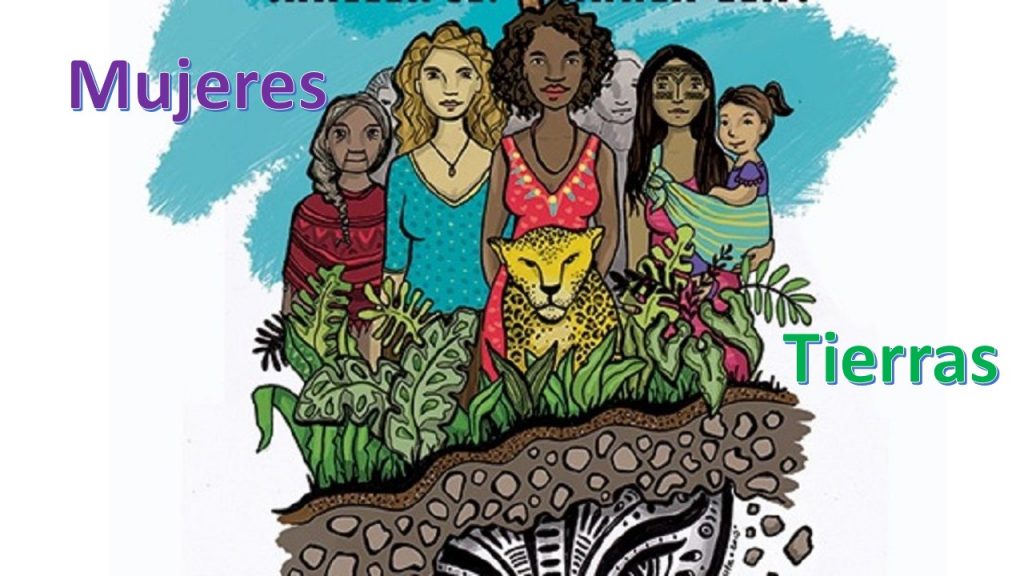THE DAUGHTERS’ INHERITANCE: FIVE WOMEN WHO DEFEND THE RIGHT TO LAND
- Hnasmdro
- marzo 6, 2023
- MDR Experiences
- 0
- 203
When we read the Bible with the eyes, mind and heart of a woman, we realize that we have many “chingonas” women as they say in Mexico, that is women who are brave, tough, who taught us to speak and not to remain silent when someone wants to take away something that belongs to us. By this, I mean to the family inheritance of land or other material goods.
The problems of land distribution continue to occur in many indigenous and peasant communities. Men believe they have all the power to leave their female sisters with nothing, such is the case of parents or male brothers when dividing inheritances. The customs of the original peoples continue to weigh heavily. For example, it hurts a lot to hear Mrs Magdalena or Ofelia to say: “no, we didn’t get any part of the land because we are women, my father gave it all to the brothers because they were men.” Magdalena and Ofelia are two indigenous Mayan, Tsotsil and Tseltal women from communities in Chiapas, Mexico. Paradoxically, they have been taking care of their elderly parents, ensuring food, health and all care.
We find this reality in the Bible in the text of Numbers 27, 1-11 when it describes the courage of the 5 sisters, who dare to speak directly and not to a single man Moses, but to all the bosses, and to all the community (vv2) saying: “our father died in the desert…and he left no sons. Is his name going to be erased among the family for not having children? Give us an inheritance among our father’s relatives.” (vv 3 and 4). And, furthermore, another detail in this text is the attitude that they put in the mouth of God, since it says that Moses went to consult God about what they were asking for and God answered him: “the request of the daughters of Selofad is fair. Give them their father’s inheritance” (v 7). It is a very beautiful biblical illumination of this problem.
There are three attitudes of these 5 women that inspire us to defend our rights to property: their expressed word, the unity between them and the courage to dare to defend what belongs to their father. And this is reinforced by the response that God gives to Moses, and that is that justice will always be expected from God, especially by listening to the vulnerable and defenseless person. His greatest expression of love is to reveal in favor of respecting the dignity of women, when they claim their rights.
Reading the Bible from a feminist perspective helps us to find this liberating attitude of God towards women. In this text, God comes out to meet us, and gives us the answer we are looking for in the face of those inequalities that are disguised as ancestral uses or customs. The land issue has been and continues to be a reason for division, hatred, discord, etc. And paradoxically, women have been denied this right. In practice, they are the ones who best manage the economy, the house, the businesses, the care of the sons and daughters.
These 5 daughters and sisters claiming their rights before the religious authorities is a great tool to work on in groups and spaces with women. It constitutes an important foundation at the level of faith, since it helps us shed light from a believing attitude on this reality that many women with whom we walk in pastoral spaces live.
It continues to be a great task, empowering women in the use of the word, in the value of speaking up and claiming the right to inheritance, to land, to property.
Sister Yaneth Averruz Gadea.
San Cristóbal de las Casas,
Mexico


